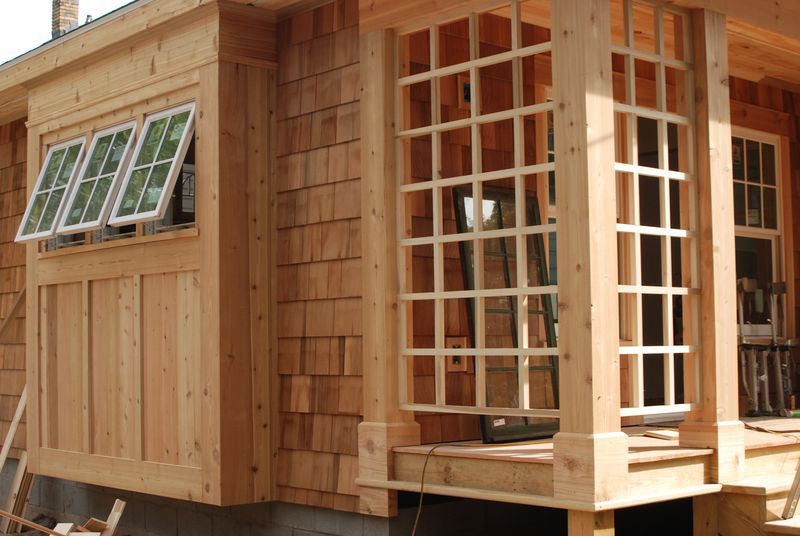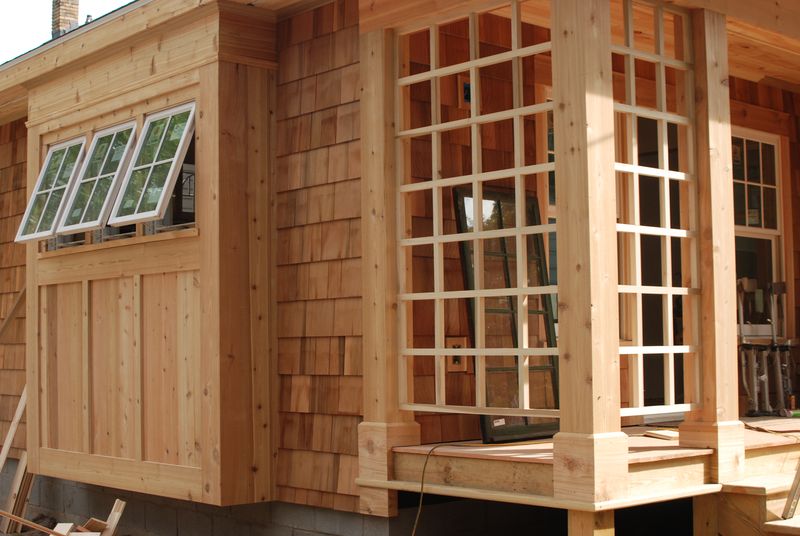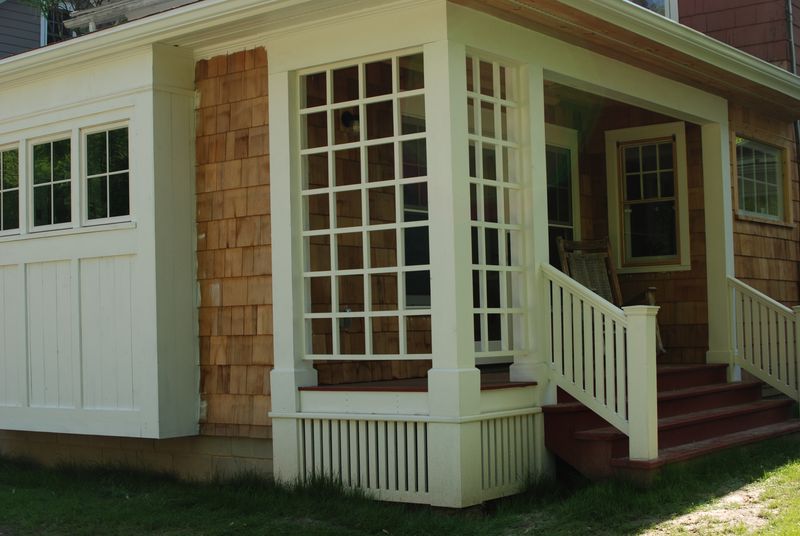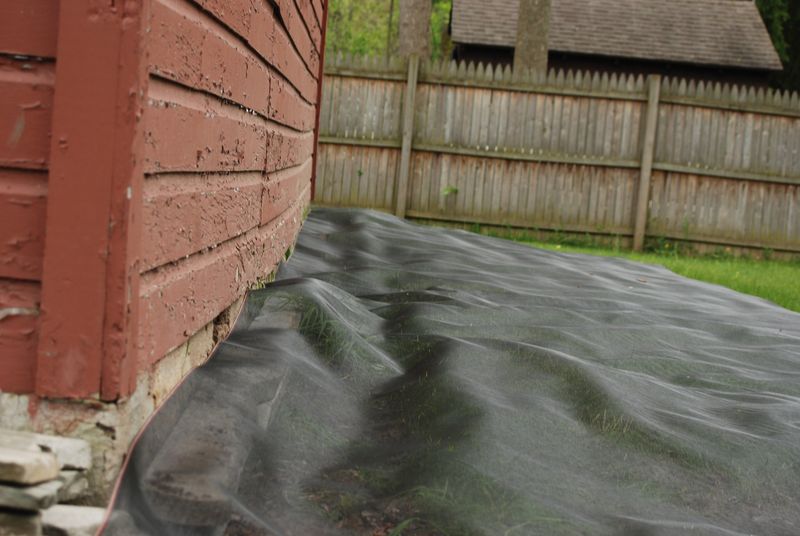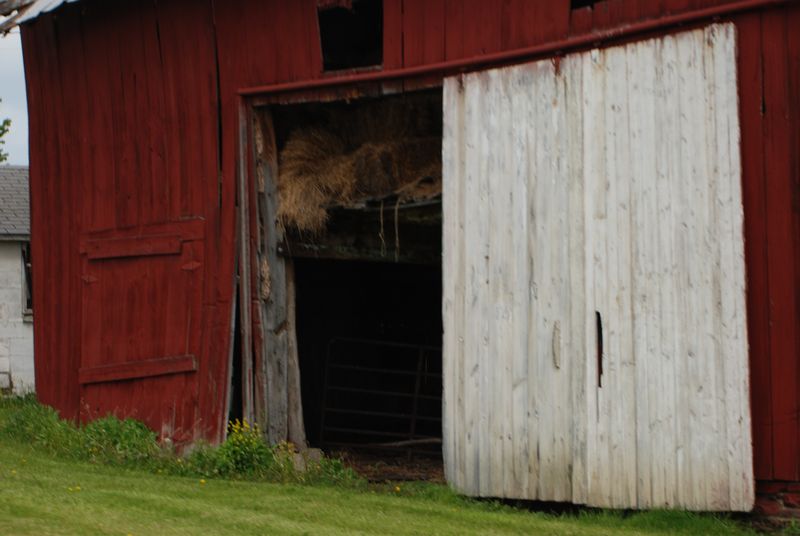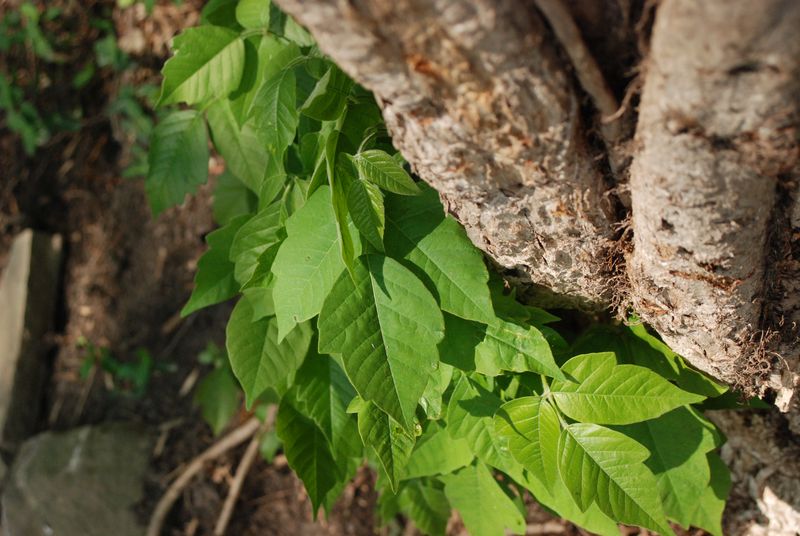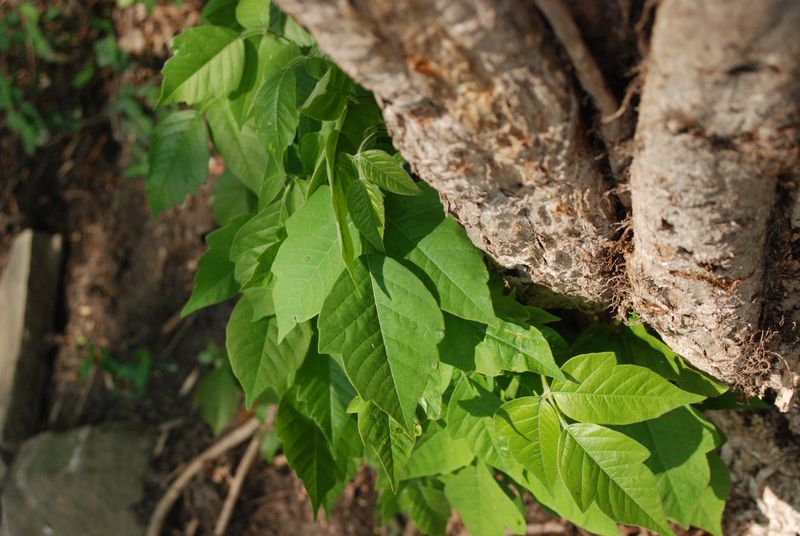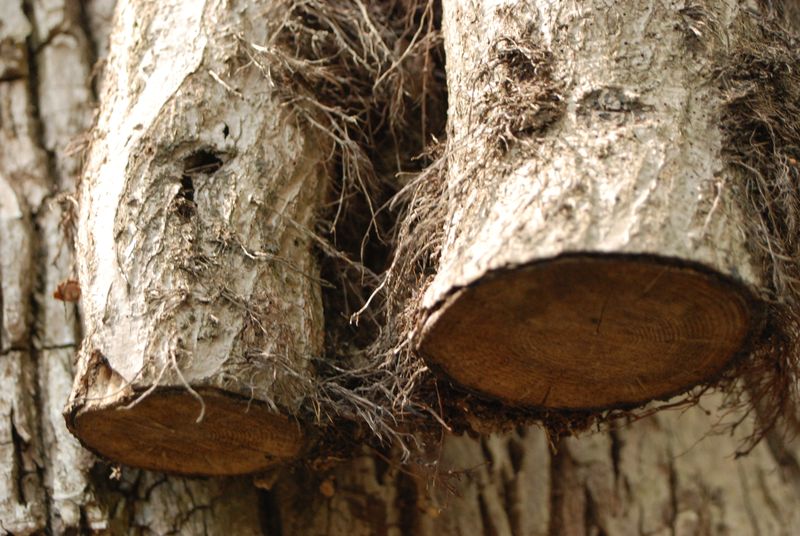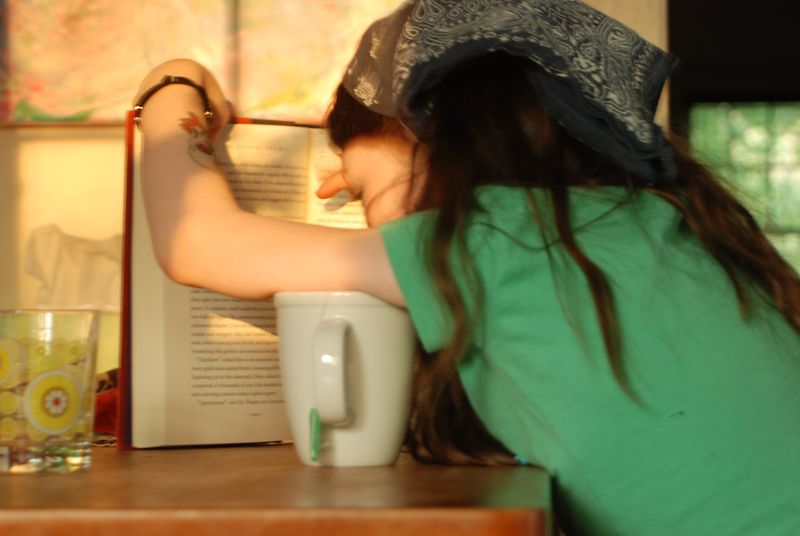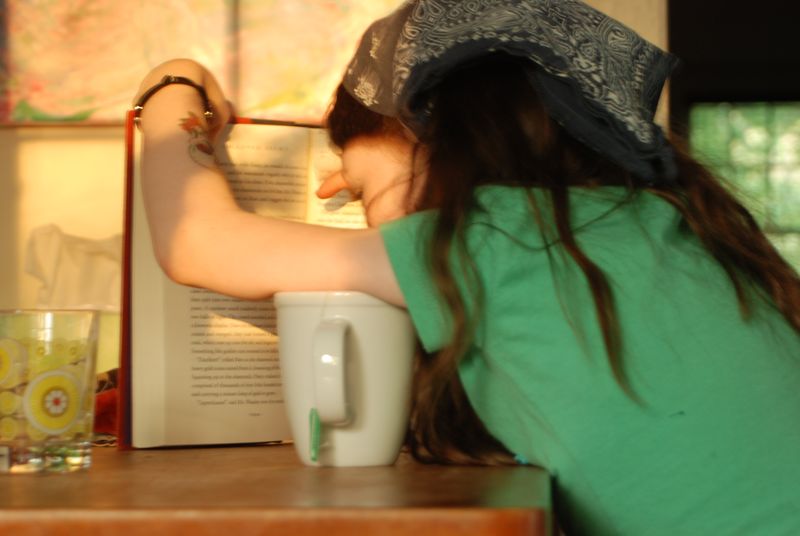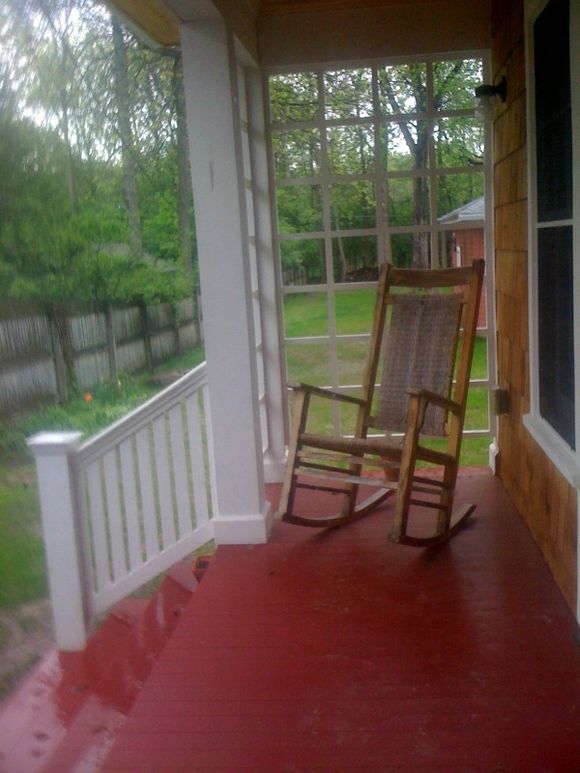i love all these photos that i see on so many blogs and in magazines with the beautiful distressed paint on old or old looking furniture but it makes me very concerned. i'm all about saving the old but want to make sure that it is done safely. i worry so much about kids and adults being around potential chipping and dusting lead paint. lead poisoning is too common and very scary.

if you live in a house built before 1978 or purchase painted furniture that you believe has been painted before 1978 you should assume that it has lead paint and take these precautions.

first try to find someone to come and test your house for lead paint. It costs a few hundred dollars but it's so worth the money. the man that came to our house did swab testing and sent the dust samples to a lab. he also took some paint chips and also sent them to a lab. he did soil samples, sent them to a lab and water samples also to make sure there was no lead in our pipes. he also had this gun that he could point at painted areas and tell us if they had lead paint. this was amazing. i had him check several of our dressers that i was unsure of their age. he was really a wealth of information. we were really lucky to have someone who was so passionate about helping people find all the lead in their house and help them control the impact.
this website seems to have very good information.
self help, inc. lead abatement program this website also seems to have good information on
home lead testing from the minnesota department of healthhere are the
risk factors for lead poisoning from the mayo clinic here are some of the
complications that can arise from lead poisoning from the mayo clinic
here are some other tips that our lead inspector gave us:
lead is usually released in location where you have chipping paint or where to painted surfaces rub. so windows and doors and painted drawers are especially vulnerable. we had some windows in our old house that were near where are daughter played that we chose to never open for this reason.
have your children tested annually. our inspector has been working very closely with a pediatrician in our area and he told us that the government acceptable level is anything under 10 micrograms (a microgram is one-millionth of a gram) in a deciliter (1/2 cup) of blood b can cause damage over time, especially in children. he let us know that they keep moving the number down, he believes that very soon it will be moved to 5 and his belief is that is where it really should be.
he also let us know that when having kids tested it was best to have the blood sample come from their arm if possible. sometimes it is hard to get a clear reading from a blood draw from a finger.
children and pregnant women should not be in the house when you are working on the lead abatement.
you must always do the cleanup with soap and water. we would often clean our work space several times with soap and water (changing the soap and water often) to make sure that we were getting all of the lead dust.
never dry sand any paint that has lead or chance of lead, always wet sand there are these great sanding sponges that we use all the time and wear a hepa filtered mask~we purchased a few respriators they weren't real expensive, considering we have been working on the house for 3 years we would have spent a fortune in dust masks without the same protection or comfort.
always vacuum with a hepa filter.
lead dust is heavy and falls rather quickly. this is good to know that it isn't like drywall dust that takes a long time to settle. i'm not sure how long you need to wait to do clean up, but not as long as with drywall dust.
we had a window seat where are daughter played that had lead paint on it, our inspector suggested that we paint over it again to cover the lead and then also cover that with contact paper so that we would not have any paint chipping.
our inspector noted that we had paint in our basement. His suggestion was that we never have our daughter down there and that we have specific shoes that we wore down there and left them out of our living space.
one thing that our pediatrician suggested is that you should never use hot water from the tap for cooking because if you do have any lead in your pipes it would come out with the hot water vs. the cold.
sorry to welcome some of you to our world of lead neuroses. i really felt that i needed to share my information. i am not a lead specialist. please contact a professional and/or consult the links that i have included for more information. my list is just a suggestion of some additional precautions that you might take when considering lead abatement in your home. lead poisoning is very scary and serious. please take time to make sure that your family is safe.
hope this helps raise your awareness.
be well.
